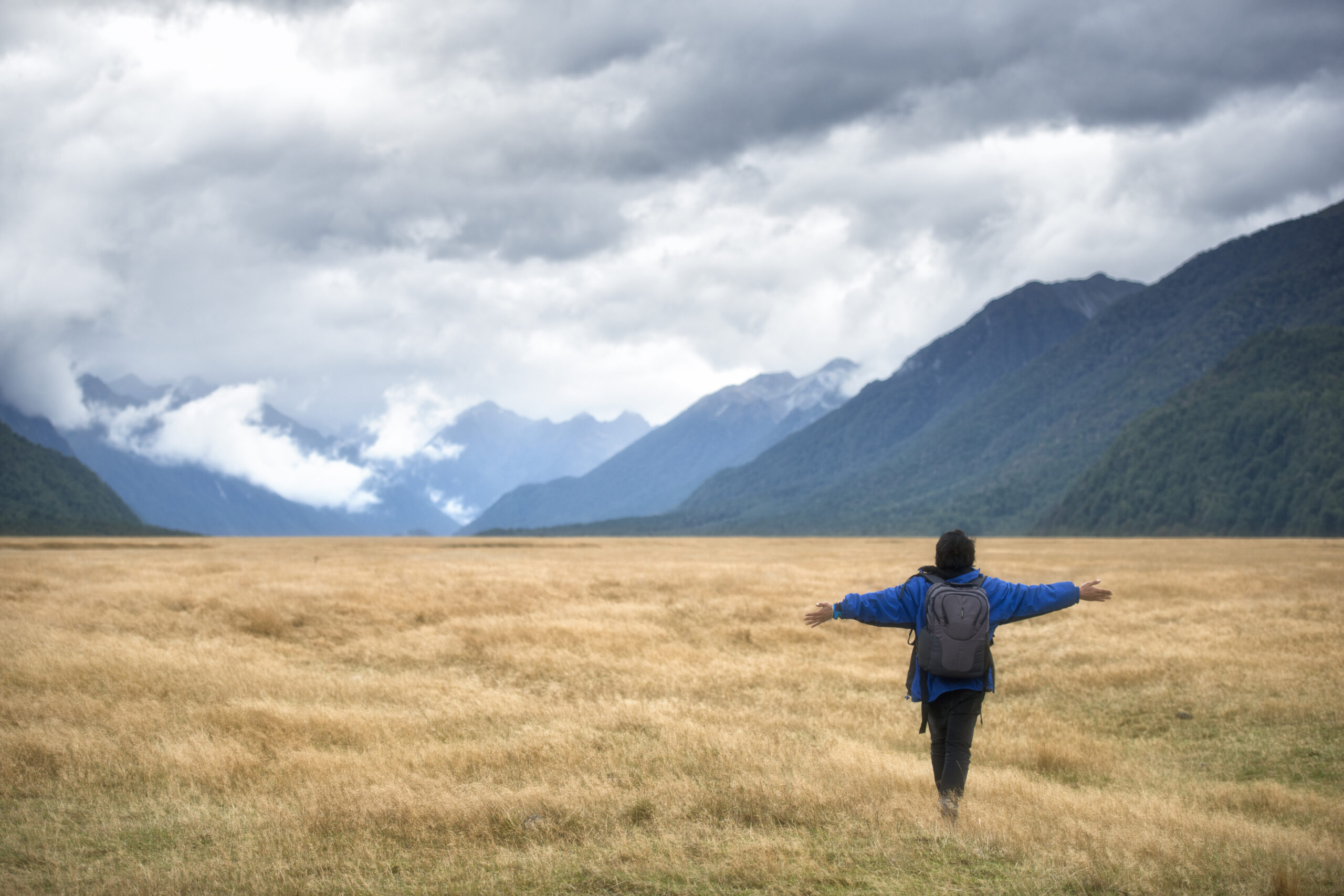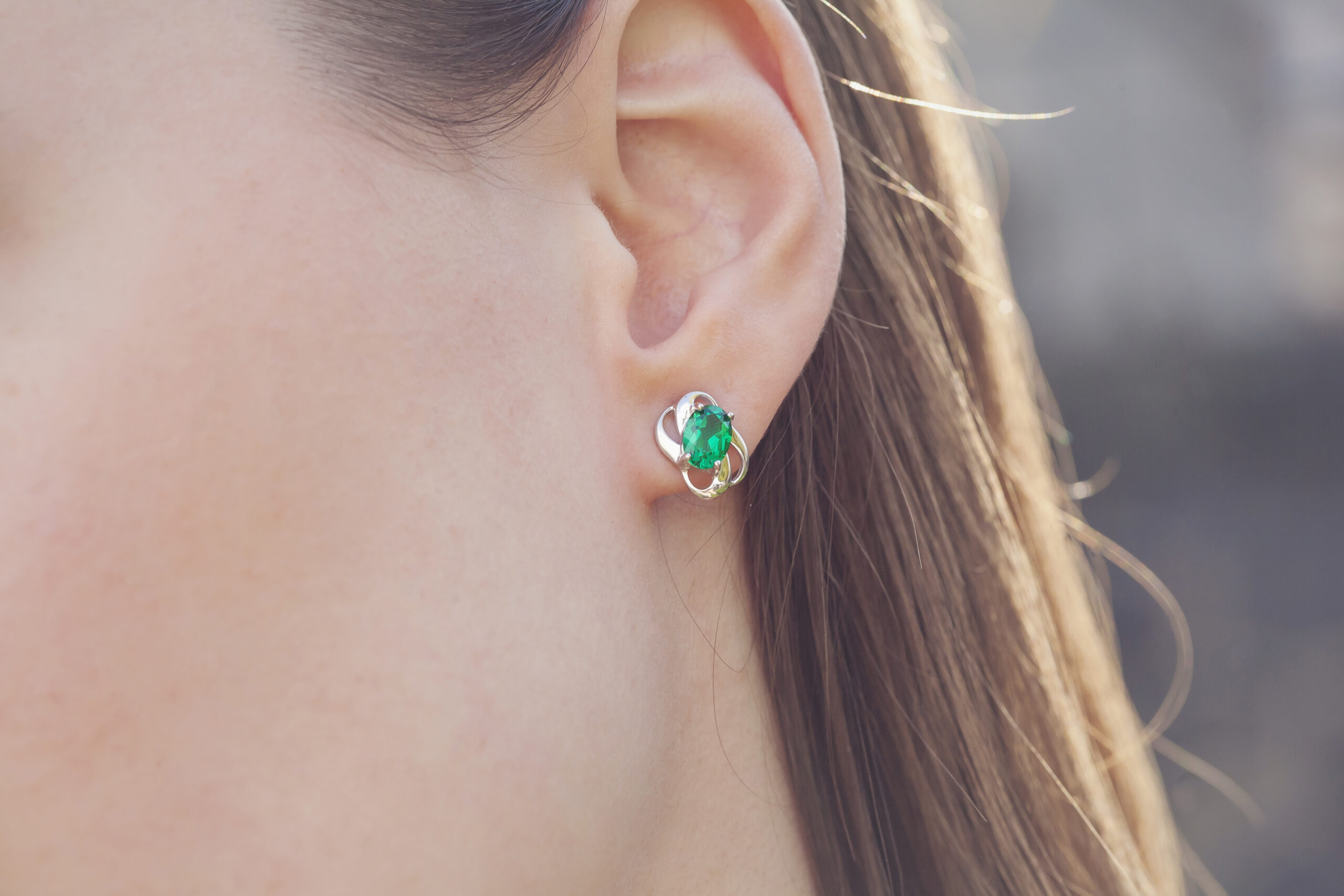What is Nature Deficit Disorder?
Living in New Zealand means we’re more spoilt than most when it comes to nature. With our wide open spaces, forests, lakes and oceans – we don’t have to go far to see nature in its purest form.
But with more and more of us living increasingly indoor lives, many of us are beginning to experience Nature Deficit Disorder (NDD), say researchers.
Dr Ross Cameron from Sheffield University says that NDD is a symptom of our modern lifestyles.
“We’re so clued into modern technology and things that we’re less observant about the world around us and we’re more likely to learn about wildlife ironically from a David Attenborough programme than maybe from a walk in the woods,” he explains.
Originally coined by Richard Louv in the book Last Child in the Woods, NDD is not a recognised medical condition. But scientists insist it does exist.
With our increasingly indoor lives comes a feeling of alienation from nature, and in turn more negative moods or reduced attention span.
And Dr Cameron believes in the NDD phenomenon so much, he gave a lecture on the subject this month, as well as his advice on how to combat it.
How to get more nature into your life
• Add greenery to your home. If you live in an urban environment, small bursts of greenery can have a big effect on your mood. From pot plants to herbs growing on window ledges – find a spot to add some green and you definitely won’t regret it.
• Plant trees. If you’ve got a back yard to play with – plant some trees to help absorb pollutants and create a lovely shady area for the future.
• Look to plants that welcome wildlife. Climbing plants like Crimson Rata and NZ Passionfruit are both loved by our native birds.

Time to get out into nature
Dr Cameron explains: “As biological beings we are physiologically adapted to be in certain environments – to run, to play, to hunt, to be active basically.
“The reality is we tend to have the lifestyle of a brick at the minute. We tend to sit for most of the day – we tend to be very sedentary.”
And the professor, who teaches at Sheffield University in England, says his job is to look at how green spaces can be integrated into our increasingly urban landscapes.
The positive news, is that even the smallest interaction with nature is enough to give humans a buzz.
“You don’t necessarily need to go to the Rockies” explains Cameron, adding that it can be as simple as watching a bird in the garden or a butterfly on a flower.
Here in New Zealand, we’re more blessed than most when it comes to natural beauty. But if you live in the city, perhaps it’s time you too started working on your little garden, deck or potted plants.


